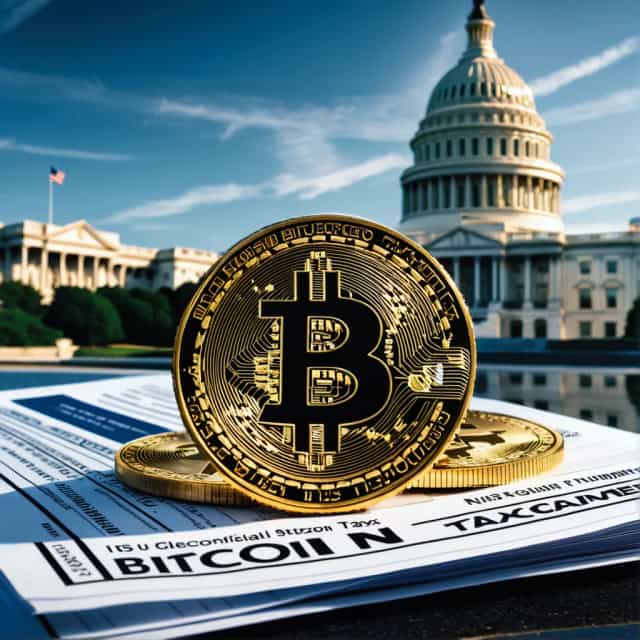
Image source: Block Media
Supreme Court Blocks Trump's Attempt to Dismiss Federal Reserve Governor Lisa Cook
The U.S. Supreme Court has intervened to prevent former President Donald Trump from immediately removing Federal Reserve Board Governor Lisa Cook, marking a significant development in an ongoing legal battle that underscores the independence of the Federal Reserve. This decision delays a controversial attempt by Trump to assert control over the central bank, reinforcing the integrity of one of the nation’s most critical financial institutions.
Supreme Court Decision: A Temporary Reprieve for Lisa Cook
On November 1, the Supreme Court issued an order denying Trump’s urgent appeal to dismiss Cook from her position, according to Bloomberg. This ruling ensures that Lisa Cook, an accomplished economist, remains in her role at least until January, when oral arguments in the case are scheduled to begin. The legal confrontation stems from Trump’s August dismissal of Cook over alleged mortgage fraud—a claim Cook has firmly denied and is challenging in court.
This decision follows a ruling from a lower court stating that Cook is likely to prevail in her lawsuit against the dismissal. Consequently, Trump’s attempt to remove her has been postponed, pending further judicial review. The Department of Justice had sought an appeal of the lower court’s ruling, but the Supreme Court’s rejection comes with no dissenting opinions from the justices.
Federal Reserve Independence: A Critical Principle Put to the Test
The legal struggle touches on the foundational principle of Federal Reserve independence, a cornerstone of U.S. economic stability. Historically, the central bank has operated autonomously to ensure freedom from political interference, safeguarding its ability to make decisions in the best interest of the economy rather than political agendas.
This case is particularly notable as it raises questions about the scope of presidential authority over the Federal Reserve, one of the key agencies underpinning the country’s financial system. Trump’s broader efforts to dismiss officials across various federal institutions have gained support in other Supreme Court rulings this year, but the implications of extending such authority over the Federal Reserve strike at the heart of the nation’s system of governance and economic oversight.
White House Defends Trump’s Decision to Remove Lisa Cook
Commenting on the Supreme Court’s ruling, White House spokesperson Kush Desai defended Trump’s move, stating, “President Trump removed Lisa Cook from the Federal Reserve Board for legitimate reasons.” He further added, “We expect a favorable outcome when oral arguments are heard in January.”
While the administration expresses confidence in the eventual resolution of the case, the dispute underscores the unique importance of Federal Reserve leadership. Unlike other federal agencies, the central bank operates with greater safeguards to protect its independence, reinforcing its pivotal role in maintaining financial equilibrium and public trust.
Implications for U.S. Economic Governance
This legal standoff represents a broader test of whether the Federal Reserve’s independence can withstand pressures from political leadership intent on reshaping its internal dynamics. Trump’s dismissal of Lisa Cook raises larger questions about the balance of power between elected officials and autonomous institutions charged with overseeing economic policy.
As oral arguments loom in January, the outcome of this case will likely have far-reaching consequences. Should Trump succeed in his bid to remove Cook, it may set a precedent for greater executive control over the Federal Reserve—a scenario that could fundamentally alter how the institution operates and undermine its historical insulation from partisan politics.
Meanwhile, the Supreme Court’s decision to delay Cook’s removal signals its recognition of the high stakes involved. The judicial branch now holds the delicate role of navigating these tensions while safeguarding long-standing principles of economic governance in the United States.
Conclusion: High Stakes Ahead for Federal Reserve Independence
The Supreme Court’s intervention to block Lisa Cook’s immediate dismissal underscores the critical importance of upholding the Federal Reserve’s independence amidst escalating political pressure. This case serves as a pivotal moment in the fight to preserve the integrity of the central bank, ensuring it continues functioning as a bastion of economic stability free from direct political interference.
As the legal battle unfolds, all eyes will be on the federal judiciary as it navigates the complexities of this landmark case. The eventual resolution will not only determine Lisa Cook’s future on the Federal Reserve Board but also set vital precedents for how executive authority interacts with independent financial institutions in the years to come.










